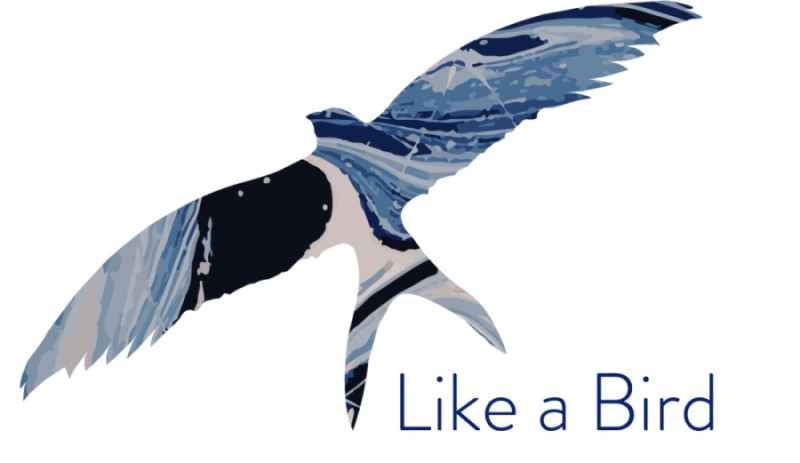After long talks about the “potential”, it’s finally happening: Montenegro will have digital nomad visas. Actually, Montenegro will have a digital nomad visa, and a digital nomad residence permit.
The Parliament finally adopted the changes to the Law on Foreigners, which is a key act to allow visas and residence for digital nomads. The law changes will come to effect officially once they are published in the Official Gazette of Montenegro in which all the laws and regulations are published.
Therefore, we expect to have the first applications for the digital nomad visa or residence permit in the second half of August. Until then, a few more details will be clear and we’ll be good to go.
So, how can a digital nomad apply for a D Visa or a residence permit?
Who is Considered a Digital Nomad in Montenegro?
First, if you are thinking about applying for a digital nomad visa, it’s important to know the definition of the digital nomad in Montenegro. Basically, it’s any individual who is doing remote work via the internet for a company that is not registered in Montenegro (this can also be your own company).
This means that you can obtain a D Visa or a residence permit as a digital nomad only if you don’t work for or own a company in Montenegro. If you register as an employee, sign a service contract with a Montenegrin company or register your own business here, you will lose your eligibility for the digital nomad visa. But do not worry, even if you decide to register your business here, you can still obtain a residence permit, but in a different way (read more here).
D Visa for Digital Nomads
If you don’t plan to spend more than a couple of months in Montenegro, you can apply for a D Visa as a digital nomad. The concept is more-less the same as a regular D Visa, although we expect you won’t need an invitation letter from Montenegro. If D Visa is granted to you, you will be able to stay in Montenegro for up to 180 days in total during a one-year period, with multiple entries if needed.
Residence Permit for Digital Nomads
With the law changes, it is now possible for a digital nomad to apply for a residence permit. The whole procedure is the same (check here) as for all residence permits, except that the grounds on which you can apply is your proof that you are working for a foreign company. That proof can be your employment contract or an equivalent.
The residence permit for digital nomads is granted for two years (one year longer than the regular employment-based residence). In addition, it can be extended for another two years at maximum. This means that as a digital nomad, you can spend up to four years in Montenegro.
Another difference between this and other residence permits is that you can extend your residence up to 6 months after your first residence permit expires.
Digital Nomad’s Family
If you are a digital nomad with a family, once you obtain your residence permit, your spouse and children can also apply on the grounds of family unification. As a family, the law considers a spouse and your children up to 18 years old.
As earlier, we will follow the news and once all the details are clear, we’ll post another article with all the necessary explanations. We believe this is a great step for Montenegro and a great opportunity for many people who want to live in our country without having to set up a business here. So, can Montenegro be your new home and office?
Related Articles
Digital Nomad Visa and Residence in Montenegro
Find out about the digital nomad visa and residency in Montenegro. Read all the details on how to apply and what documents do you need.
Public Procurement Tender for the Highway in Montenegro
New public procurement tender in Montenegro for the conceptual design of a new highway section from Andrijevica to Boljare.
New Property Transfer Tax Rates in Montenegro Explained
Full guide about the property transfer tax in Montenegro, with explanation about the rates, how and when they are applied, are there any exceptions, etc.
Russia Suspends Tax Treaties with Montenegro and Others
According to the Russian media, last week Russian President, Vladimir Putin signed an executive order on suspending certain provisions of double tax...






